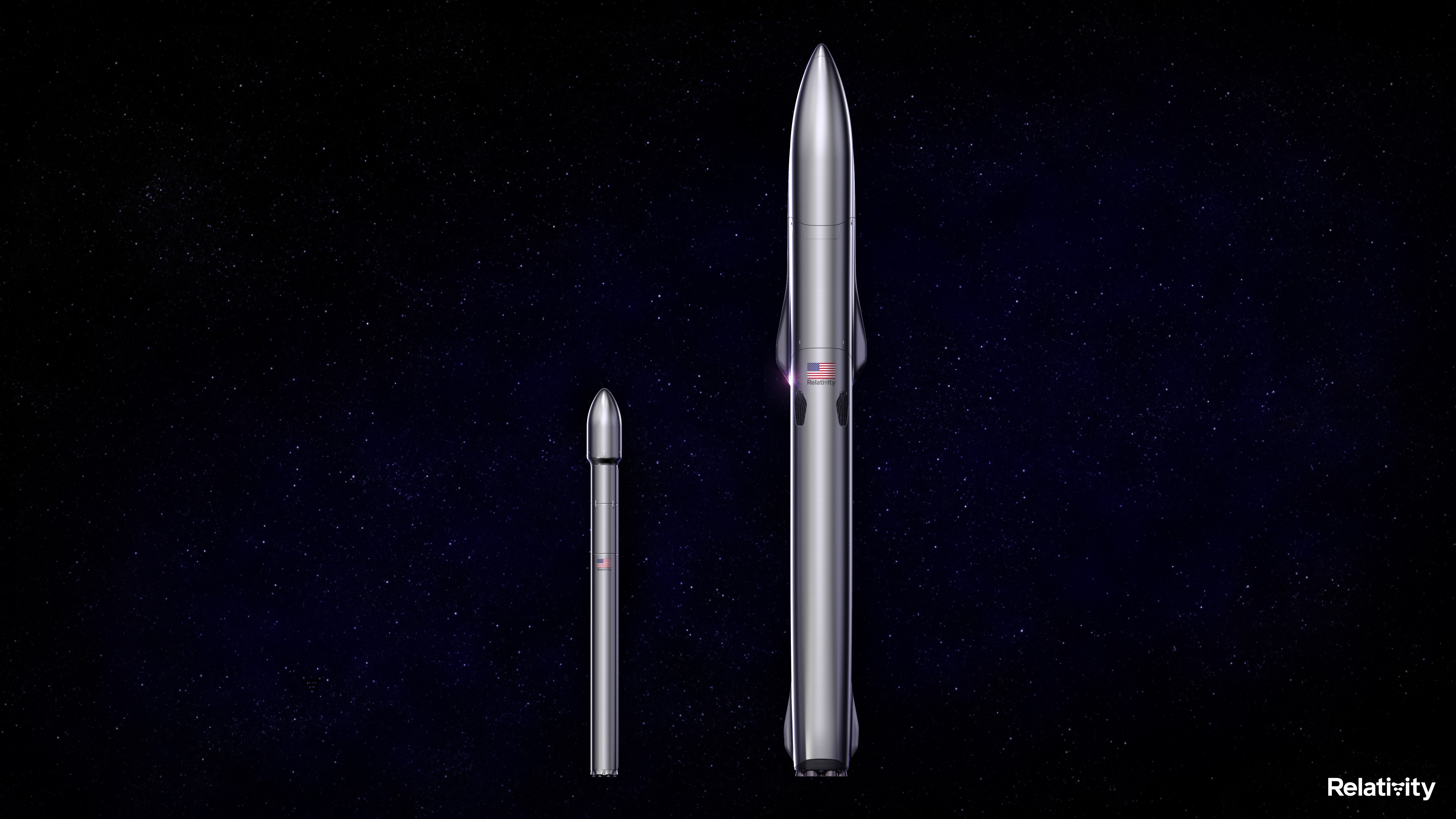Led by Tim Ellis and Jordan Noone, Relativity Space continues to appeal to investors. The company has just raised $650 million in a new round of funding to support the development of its Terran-R, a fully reusable, 3D-printed launcher.
Relativity Space is a young company led by two ambitious engineers:Tim Ellis and Jordan Noone. One studied at Blue Origin, the other at SpaceX. Together they are unlocking the untapped potential of 3D printing and could, if successful, disrupt the aerospace industry, just like SpaceX did a few years ago. And inevitably, investors are on the spot.
As early as 2015, shortly after the creation of their company, Mark Cuban, the owner of the Dallas Mavericks, in fact signed them a check for 500,000 dollars, collecting from two young engineers a rare potential. Driven by their ambitious project to print rockets in 3D, Ellis and Noone will raise ten million dollars a little later, then 500 million a few months ago.
In the meantime, they surround themselves with David Giger, formerly of SpaceX, to develop the Terran-1 rocket, a seven-meter high launcher whose first flight is planned at the end of the year from Launch Complex 16 in Cape Canaveral (Florida).
And it's not over! As Spacenews reports, Relativity Space has just announced that it has raised 650 million dollars under a new round of funding. The market value of Relativity Space is now estimated at $4.2 billion. For comparison, SpaceX, the leader, was worth around $44 billion Last year. The company is therefore still a long way off, but it is getting closer, even though its rocket has not yet taken off once.
In addition, the company currently has about 400 employees, which is almost four times more than a year and a half ago. Hundreds of other people will also be hired by the end of the year to support its development.
This money, offered by investors BlackRock, Centricus, Coatue, Soroban Capital and others, is intended to support the development of a new 3D print – the Terran-R – much larger than the original Terran 1

This rocket, whose launch is planned in 2024 , will be designed to carry more than twenty tons payloads in low earth orbit. Another key element of the Terran-R is Relativity's intention to make the vehicle fully reusable , including its upper stage and payload fairing.